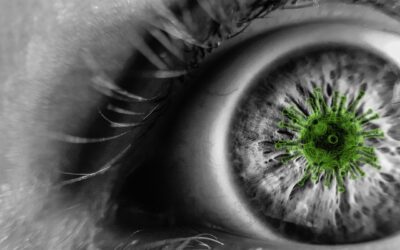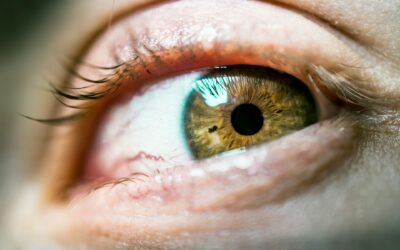Plaquenil is a strong anti-inflammatory medication that is used to treat various infections and autoimmune conditions. The actual drug is called hydroxychloroquine and is available as a generic or under other trade names as well. Extended use of Plaquenil can result in unwanted side effects including those which impact the eyes. Vision loss and visual field defects are the most severe potential side effects of Plaquenil toxicity.
How Plaquenil Works
Plaquenil reduces generalized inflammation in the body by impeding the inflammatory cycle. Unlike other anti-inflammatory medications such as steroids or NSAIDs, Plaquenil acts to cut off the entire inflammatory pathway.
Since all of the inflammatory pathways are impacted, the anti-inflammatory action of the medication is much stronger and much more widespread than with other medications.
Uses of Plaquenil
Plaquenil can be prescribed for a variety of conditions ranging from malaria to rheumatoid arthritis.
An infection from malaria is treated using Plaquenil since the infection results in widespread inflammation in the body. By reducing the inflammation, Plaquenil is able to allow the body to respond and attack the malaria parasite.
The more common use of Plaquenil is as a long-term use for autoimmune conditions including rheumatoid arthritis, systemic lupus erythematosus, or other similar autoimmune inflammatory conditions.
Eye Side Effects of Plaquenil
Due to the potent nature of Plaquenil, there can be side effects from long-term use of the medication. The buildup of the medication in the body or eyes is the leading cause of severe side effects.
If the eyes are affected, the biggest risk is damage to the center of the retina called the macula. The toxicity will lead to thinning of layers of the retina and cause the very center of the vision to become less functional.
This type of Plaquenil toxicity has a distinctive pattern in the retina and will show a pathognomonic “ring defect” in the visual field.
Diagnosing Plaquenil Toxicity
When taking Plaquenil regularly, it is important to have annual eye examinations to monitor for any potential changes.
Before or immediately after initiating Plaquenil, a full eye exam with additional testing is recommended as a baseline for future testing.
In addition to a comprehensive eye examination, a test to map the visual field of the center of vision called a 10-2 visual field, and a laser scan of the back of the eye, called a retinal OCT, will be performed.
To monitor for changes due to the Plaquenil, these tests are repeated regularly and will allow the eye doctor to compare to the baseline test as well as other tests since the original baseline.
Plaquenil toxicity is diagnosed when there are repeatable changes in the testing and observed in the eye exam.
Treating Plaquenil Toxicity
Plaquenil toxicity will usually be treated by lowering the dosage or stopping the medication.
Consultation with the prescribing physician will determine if the side effects are severe enough to warrant discontinuing the Plaquenil.
Any damage from the toxicity will likely result in permanent loss of vision or visual field.




